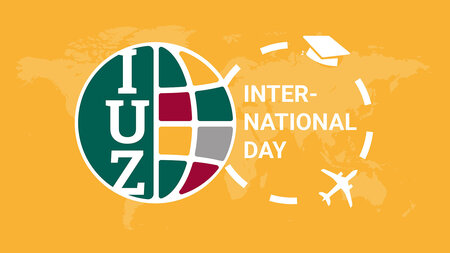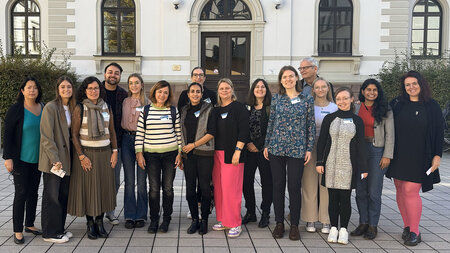Driving Study: What Automated Vehicles Can Learn From Human Drivers
Scientists at Chemnitz University of Technology are looking for participants between the ages of 25 and 65 for a on-road driving study focusing on anticipatory highway driving – with hygiene measures
-

The study by Chemnitz University of Technology will examine special events during commute trips. Photo: Free-Photos/pixabay.com (CC 0)
As part of the newly established Collaborative Research Center “Hybrid Societies” at Chemnitz University of Technology, scientists are also researching what automated vehicles can learn from human drivers. To answer this question, the Professorship of Ergonomics and Innovation Management (Prof. Dr. Angelika Bullinger-Hoffmann) will conduct a real driving study starting March 1, 2021. The individual trial duration is seven consecutive days.
Predictive driving - smartphone records special driving situations
During the seven days of the trial, participants will drive their usual routes in their own vehicles. For the duration of the trial, they are provided with a smartphone that is installed in a holder in the vehicle provided for this purpose. This smartphone can be tapped once to film and comment on special situations that occur while driving.
The aim of the study is to record situations in the natural driving context in which anticipatory driving and assessing the intentions of other vehicles are particularly relevant. The findings from this study will contribute to the further development of automated vehicles.
Participants in the study will be compensated with 50 euros.
Requirements:
- You are between 25 and 65 years old
- You are a commuter and drive frequently
- Your trips include long stretches on the autobahn or two-lane federal highways or expressways in the same direction
- Your trips are made in daylight (this includes trips made with a rising or setting sun)
- You have driven at least 30,000 km in the last five years
Hygiene measures
During the test briefing all hygiene measures are met. In addition, FFP2 face masks and disinfectant for hands and cell phone will be provided.
Furthermore, social distancing as well as regular ventilation will take place, both during the briefing and in social situations during the course of the study.
For additional information, please contact Konstantin Felbel, research associate at the Professorship of Ergonomics and Innovation Management, phone: +49 (0) 371 531-31156, e-mail: konstantin.felbel@mb.tu-chemnitz.de.
(Author: Matthias Fejes / Translation: Chelsea Burris)
Matthias Fejes
01.03.2021





